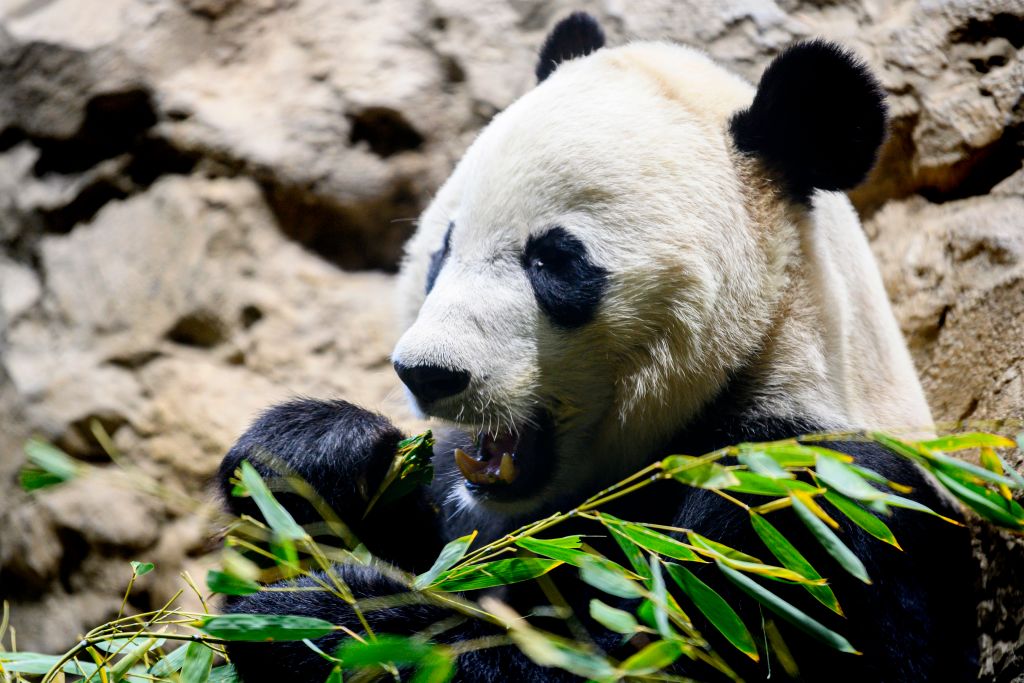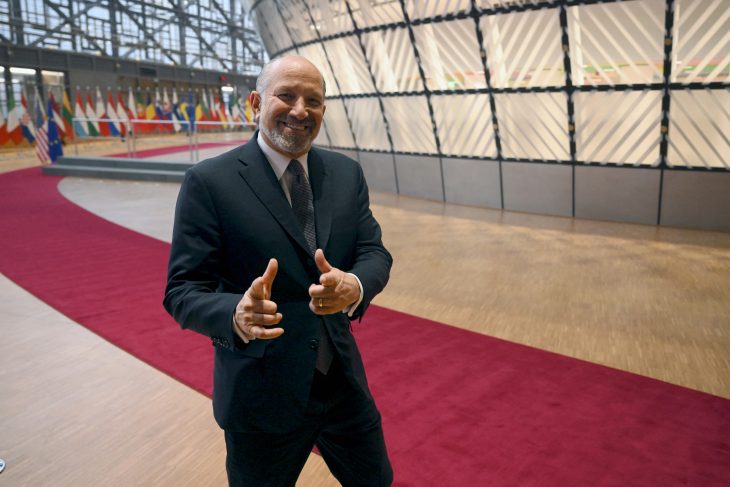It’s near the witching hour as the wolves begin to howl, the Tasmanian devil spins itself into a frenzy, and the red-eyed tree frog blinks into glass. The zoo is oddly quiet as US commandos (trained in zoology) scale the walls and deploy a well-placed and tiny explosive gum inside the lock to pop open the enclosure. The sleepy giant simply rolls over with dreams of bamboo and blasé dancing in its head. A bearded captain pulls out a black sack and pulls it over the animal’s head as they tranquilize the heavy sleeper — the panda rendition is complete.
That’s right, I am proposing kidnapping the American domiciled pandas to expedite an end to the US-China trade war.
Now before PETA starts nudely protesting in front of my office — hear me out — panda rendition is a humane process, allowing these sexless godless puff balls to enjoy a new enclosure beneath the White House near the Situation Room, complete with pools and bamboo and far afield from the social pressures of mating (the proverbial nagging, southern mother of zookeepers). These Chinese expats will not want for a thing and likely will be relieved from avoiding the desperate eyes of the visiting populace eager for them to perform (the collective, ‘dance, panda, dance’) only to be resolutely disappointed by its sheer desire to trip over things, make fruitless escape attempts, and avoiding the zoo dating scene at all costs.
And the benefits are tremendous.
Business Insider reports American zoos rent pandas at a shocking $1 million a year, sign a ‘panda diplomacy’ contract, and pay a $400,000 baby tax if a cub is born (Pandacare-for-All is looking pretty good right now). Cost effectiveness of this aside and also foregoing a prolonged discuss of the rent being too damn high for pandas (and in New York), we have to ask ourselves: why don’t we take these national treasures hostage?
The symbolic kidnapping would force the Chinese to the negotiating table, ready to deal away entire provinces to avoid even the perception that these bearified drunk uncles weren’t entirely within the possession of the CCP.
And the downsides are low — the pandas won’t likely notice their new surroundings — hell, they’ll likely enjoy the complete lack of expectations; and there is low probability China will go to war over a panda — mutually assured furstruction as Wilkie Collins would have written.
Meanwhile the stakes in this trade war are high. The list of exceptions to the tariffs have protected things that matter like our iPhones, but very soon those necessities could fall victim to the trade war and join the lesser import and already deceased things like food.
And to think we have a hostage in wait — a roly-poly sack of fur and indifference made an exported national symbol that we keep behind glass with bamboo wallpaper. A simple grainy video with a hardened, Florida man equivalent to Steve Irwin’s son reading a list of demands published on Weibo and this might all be over within a few hours. Tariffs are dropped in time for the holidays, American businesses breathe a collective sigh, and Tian Tian and Mei Xiang can return to their exhibitionist retreat unawares.
Maybe I am thinking about this the wrong way, sometimes diplomacy isn’t all that black and white. But then again, I am told trade wars are easy to win.


























